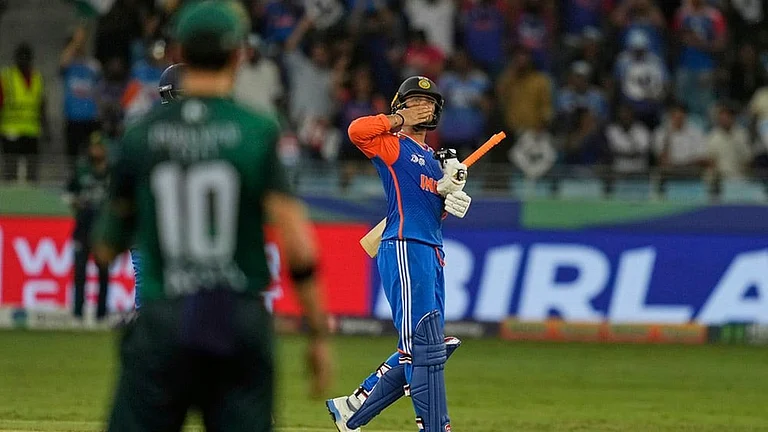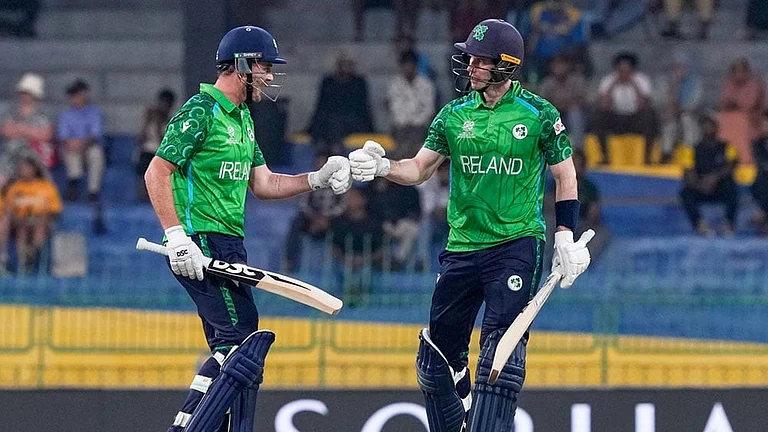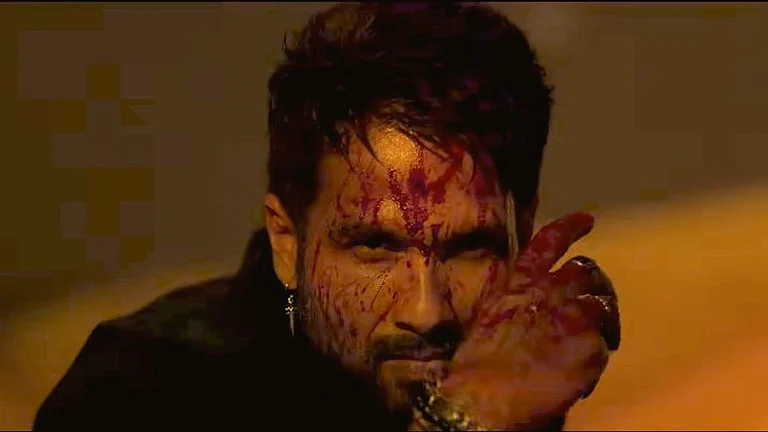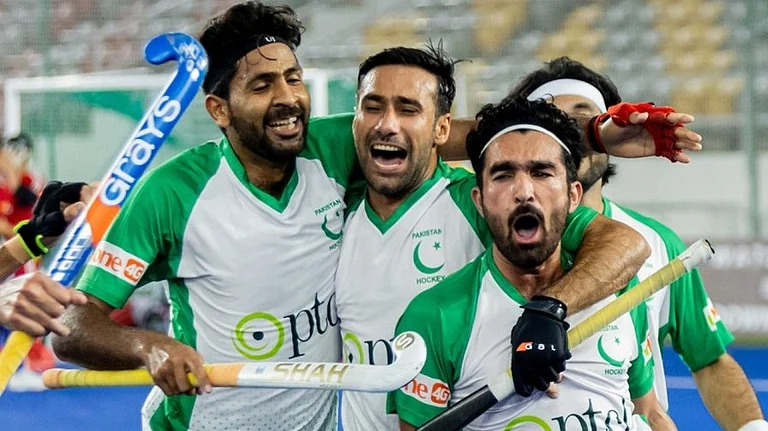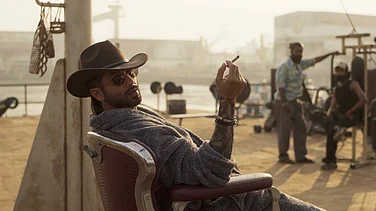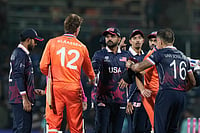The US recently made abortion illegal. Overturning Roe V Wade historic decision of 1973 regarding abortion, the new law has removed the constitutional right of American women to abort. Many have expressed their opinion against the new law and spoken about how it curbs the freedom of women in American society. Actress Anu Aggarwal also shares her opinion on the same.
“It’s simply shocking to see the older Roe V. Wade line of defence for women's reproductive freedom under attack. The US Supreme court has taken them back by 150 years. This narrow-minded approach shows little respect for women’s rights. Abortion is a personal issue as the responsibility of raising the child, though could be, and hopefully will be shared, originally rests with the woman. And if the woman is not financially independent, she is left in a quarry,” she says.
Even though a lot of people may disagree, Aggarwal feels India is one of the most progressive and spiritually ahead countries in the world.
“We did have our pitfalls like everyone else, like our strict adherence to caste and class system etc. But regardless of that, as for Indians at large, humanity and human rights have been of great value. In fact it has been some of the invasions like the British for instance, which helped us lose our self-confidence in our own, ancient diamond culture. So, I really do hope we hold on to our mojo, rather than get influenced by the regressive stance of other countries,” she says while talking about the possibility of this law affecting India.
Abortion is a taboo topic in India. Agreeing, Aggarwal adds, “But then so is mental health, and that is worldwide, which in a sense is a bigger issue. It is interesting to look into the psychology of ‘taboo’. There are so many social, and religious customs that prohibit so many practices. I think to highlight abortion as a taboo topic is foolhardy.”
Aggarwal also talks about a heart-wrenching first-person experience of how abortions are conducted in India.
“It left me so shattered that I couldn’t eat for days. Lines of girls and women would occupy the long corridor of the ‘abortion room’, which had many single 3 by 6 feet beds next to each other where women were huddled, an abortion was performed in 5 minutes and they were asked to leave. When I was in my teens, I got a placement in a government hospital in Delhi. As a part of my training and counseling, I was sent emotionally distraught cases. One of them was a 16-year-old girl called Indu who came for an abortion. She was raped by her own brother. Her trauma and what she dealt with still makes me cry,” Aggarwal concludes.








